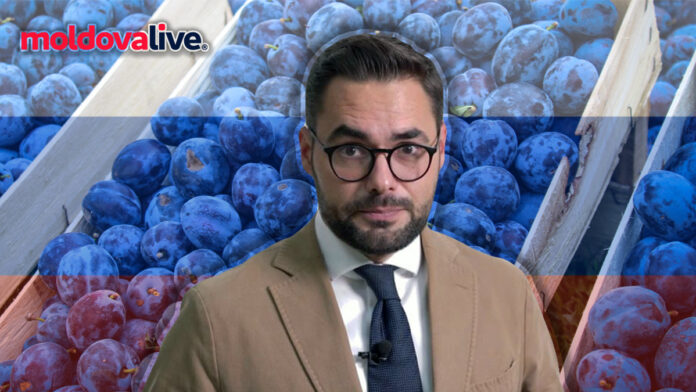In response to Chisinau’s decision to align with international sanctions against Russia, Moscow has imposed an embargo on fruits and vegetables from the Republic of Moldova, effective since December 4th. The move is seen as a tactic to exert pressure on Moldova, particularly amid ongoing farmer protests, with Russia hoping that farmers will intensify their demands on the authorities in Chisinau, according to Iulian Groza, the Executive Director of the Institute for European Policies and Reforms (IPRE).
Rosselhoznadzor, Russia’s agricultural watchdog, claims to have detected various harmful insects, such as Grapholita molesta, Frankliniella occidentalis, Bactrocera dorsalis, in Moldovan products—pests prohibited in the Eurasian Economic Union states. Groza emphasizes that Moldovan producers now have the option to shift towards the liberalized European Union market.
FOR THE MOST IMPORTANT NEWS, FOLLOW US ON TWITTER!
“The range of pressures from the Russian Federation on the Republic of Moldova is diminishing. This embargo is imposed to increase pressure on our country. It is not excluded that this move takes place in the context of farmer protests to raise pressure on authorities. It was a response to Moldova’s decision to align with the European Union sanctions against the Russian Federation. Every time Russia has imposed these embargoes, our producers who manage to redirect their exports to a much safer market, the EU market, have gained more. For over a year, Moldova has been exporting to the EU without quotas. The EU market has been liberalized,” stated Iulian Groza, IPRE’s Executive Director, during the “Secretele Puterii” program on JurnalTV.


